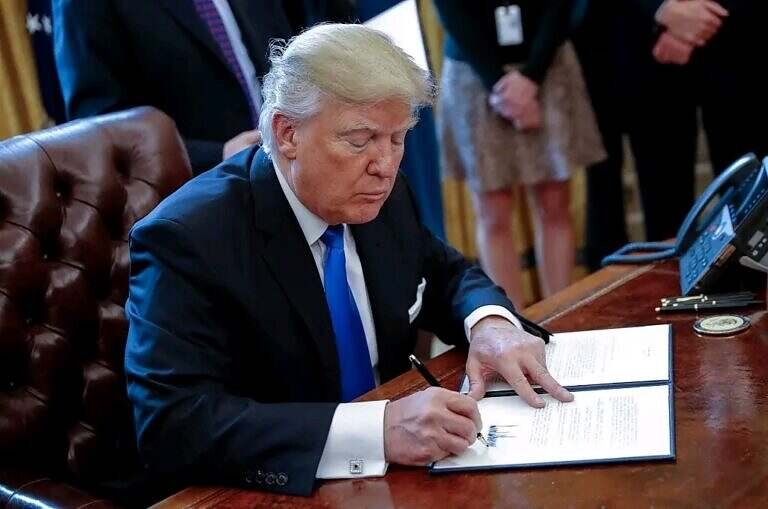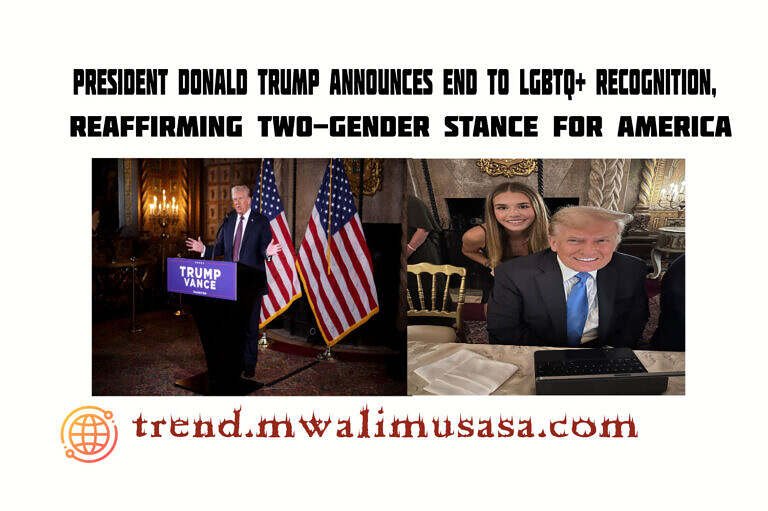In a historic and controversial move, former U.S. President Donald Trump has signed an executive order to end birthright citizenship. The policy, previously granted under the 14th Amendment, has been a cornerstone of U.S. citizenship laws, ensuring that “all persons born” within the country are automatically granted citizenship.
What Is Birthright Citizenship?

Birthright citizenship is a legal principle that guarantees citizenship to any individual born on U.S. soil, regardless of their parents’ immigration status. This principle, rooted in the 14th Amendment, has long been viewed as a cornerstone of American inclusivity. Critics of the policy, however, argue that it has been exploited, leading to unintended consequences like “birth tourism.”
Details of the Executive Order
The executive order marks a significant departure from existing interpretations of the 14th Amendment. According to President Trump, the decision aims to uphold the integrity of U.S. immigration policies and prevent misuse of the birthright citizenship provision. While the exact details of the order are yet to be fully disclosed, it is expected to redefine how citizenship is granted moving forward.
Implications and Reactions
The move has sparked widespread debate across political and legal circles:
- Legal Challenges: Many legal experts argue that the executive order could face constitutional challenges, as altering the interpretation of the 14th Amendment may require congressional or judicial approval.
- Political Divisions: Supporters of the decision believe it strengthens national security and deters illegal immigration, while critics view it as an infringement on civil rights.
- Global Implications: This policy shift aligns the U.S. with countries that have restrictive citizenship laws but may also lead to diplomatic concerns.
What’s Next?
The executive order is likely to face intense scrutiny in federal courts, with constitutional scholars debating its validity. Until the judiciary weighs in, the future of birthright citizenship remains uncertain.
Conclusion
President Trump’s decision to end birthright citizenship is a pivotal moment in American history, reflecting the ongoing tensions surrounding immigration and constitutional interpretation. As the nation awaits further developments, this executive order is set to have far-reaching consequences for generations to come.






